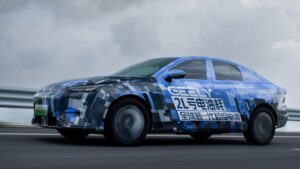Shenzhen-based autonomous driving startup defies industry-wide macroeconomic challenges to win hefty funding from major OEM.

The significant funding boost was announced at a media briefing today by the Chinese autonomous driving startup and, although the OEM was not specifically named, CNEVPost reports that the mystery donor is indeed Great Wall Motors.
The Baoding-based automaker, whose brands include Wey, Ora, Haval, Tank, and Po’er, started using DeepRoute on certain models in March 2023, and two months ago, the Wey Lanshan SUV became their first model to feature DeepRoute’s NOA (Navigate On Autopilot) system which is capable of urban autonomous driving as well.
The funding comes amid a tough period for autonomous driving firms who have struggled to secure government funding in recent months, so securing the backing of a major OEM is quite the vote of confidence, and will likely bolster Great Wall’s ADAS-capabilities across their brands which have thus far been lagging behind.
With the new investment from Great Wall, we can expect a much closer cooperation between the two as Great Wall seeks to play catch up with the other leaders in the industry.
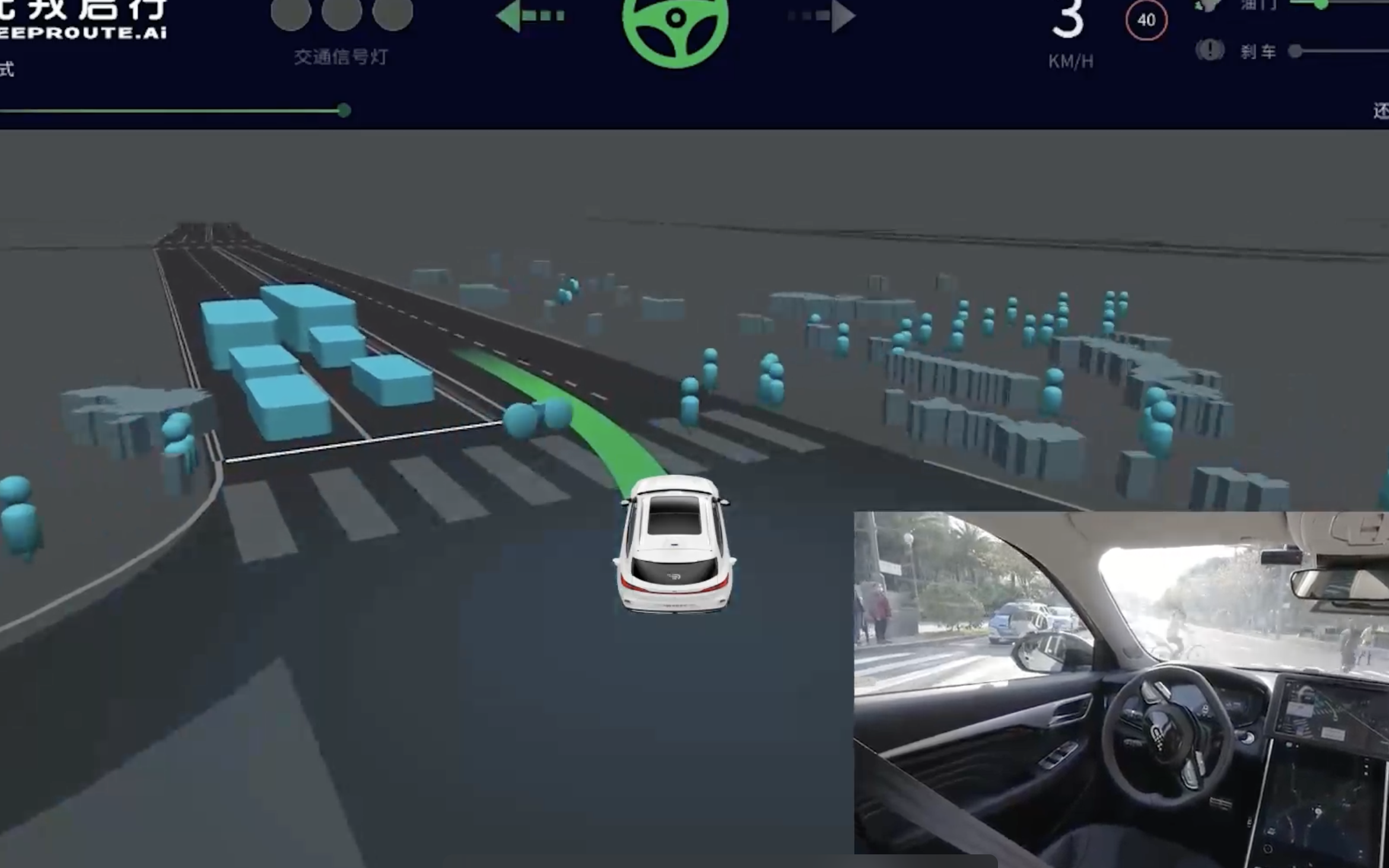
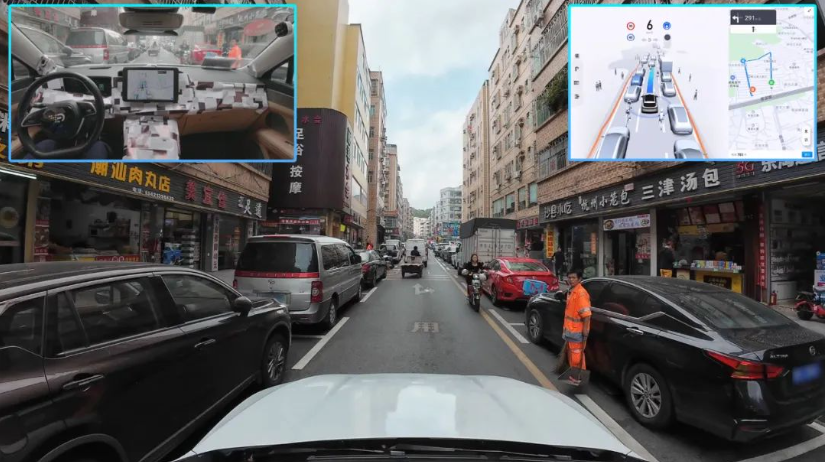
The company announced that the funds will help support the development of DeepRoute’s IO model, enable them to collaborate with more global automakers, pursue further robotaxi ventures, and increase recruitment of AI-native talent.
For a firm that’s only five years old, their development has been impressive. In 2023 they launched their first system that doesn’t require HD maps to work, with testing beginning in August last year and deployment into production cars already taking place.
As well as the Lanshan, their system is also deployed on the recently-launched smart #5, and they’re expected to announce the integration of their system on an additional three models before the end of the year and a further ten in 2025 with various manufacturers.
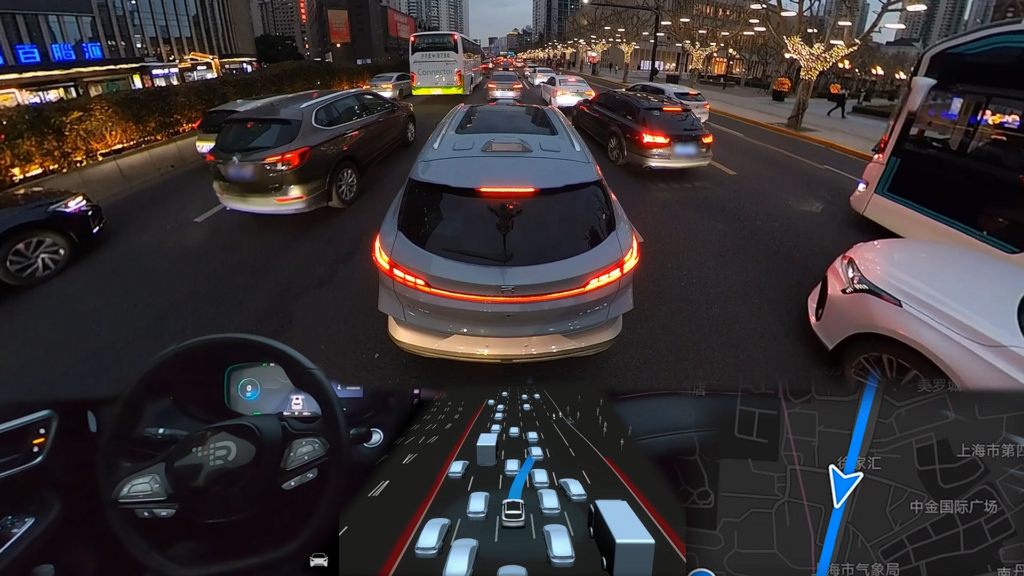
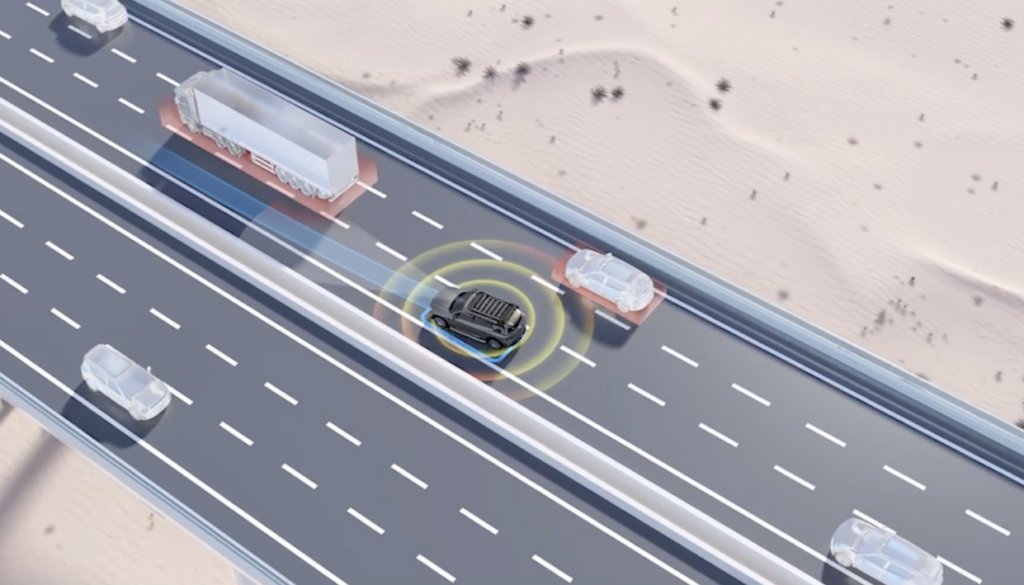
Around 20,000 vehicles are already equipped with the DeepRoute IO which is moving to the Vision-Language-Action (VLA) model, where a system essentially converts what it sees into text-based descriptions of the scene in order to process complex situations and ‘think’ in a logical manner.
Where many Chinese OEMs use NVIDIA’s Orin-X chips, DeepRoute is among the first ADAS providers to use NVIDIA’s Thor chips, which will provide the necessary processing power to handle the VLA method.
Meanwhile, DeepRoute is also looking to expand their position in the robotaxi market where they currently operate 200 vehicles across three Chinese cities, including alongside Baidu’s Apollo Go platform in Wuhan, with a 96% satisfaction rate and over 10 million kilometres driven with no accidents. DeepRoute’s end-to-end system doesn’t need to be confined to geofenced areas like some others which gives it an advantage when it comes to scaling effectively and profitably.
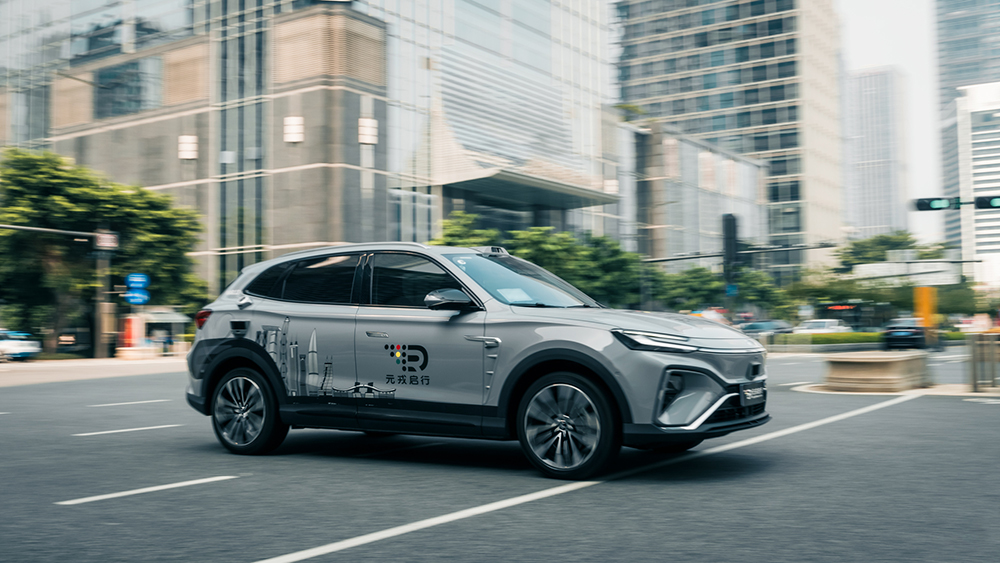
Certainly the autonomous driving space looks set to continue developing at pace with brand’s like Huawei, Nio, XPeng, Li Auto, Zeekr, Xiaomi, Baidu, and DeepRoute all pushing ahead with development of the technology.

